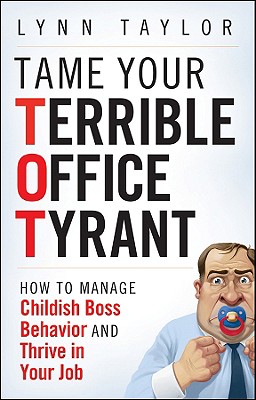Understanding the Differences: Loan Officer vs Mortgage Broker - Which One is Right for You?
Guide or Summary:Loan Officer vs Mortgage BrokerWhat is a Loan Officer?What is a Mortgage Broker?Key Differences Between Loan Officers and Mortgage BrokersW……
Guide or Summary:
- Loan Officer vs Mortgage Broker
- What is a Loan Officer?
- What is a Mortgage Broker?
- Key Differences Between Loan Officers and Mortgage Brokers
- Which One Should You Choose?
---
Loan Officer vs Mortgage Broker
When it comes to securing a home loan, many potential homeowners find themselves navigating the complex landscape of financing options. Two key players in this process are the loan officer and the mortgage broker. Understanding the differences between these two roles can significantly impact your home-buying experience and ultimately, your financial future.
What is a Loan Officer?
A loan officer is a professional who works for a specific lending institution, such as a bank or credit union. Their primary role is to evaluate and process loan applications, helping borrowers secure the necessary financing to purchase a home. Loan officers are typically well-versed in the products offered by their employer and can guide clients through the application process, from pre-qualification to closing.

One of the advantages of working with a loan officer is their ability to provide personalized service tailored to the specific products offered by their institution. They can help borrowers understand different loan types, interest rates, and terms, ensuring that clients make informed decisions. However, since loan officers can only offer the products of their employer, borrowers may have limited options when it comes to comparing rates and terms.
What is a Mortgage Broker?
On the other hand, a mortgage broker acts as an intermediary between borrowers and multiple lenders. Their role is to shop around for the best mortgage products that suit the borrower's needs, providing access to a wider range of loan options. Mortgage brokers have relationships with various lenders, allowing them to compare different rates, terms, and fees to find the most favorable deal for their clients.
One of the significant benefits of working with a mortgage broker is the increased flexibility and choice they offer. Since brokers are not tied to a single lender, they can help borrowers find competitive rates and terms that may not be available through a loan officer. Additionally, mortgage brokers can often assist with more complex financial situations, such as those involving self-employment or unique credit histories.
Key Differences Between Loan Officers and Mortgage Brokers
1. **Employment**: Loan officers work directly for a lending institution, while mortgage brokers operate independently and can work with multiple lenders.

2. **Product Offerings**: Loan officers are limited to the products offered by their employer, whereas mortgage brokers have access to a broader range of mortgage options.
3. **Fees**: Loan officers may not charge a fee directly to borrowers, as they earn a commission from their employer. In contrast, mortgage brokers typically charge a fee for their services, which can vary based on the complexity of the loan and the lender.
4. **Level of Service**: While both professionals aim to assist borrowers, the level of personalized service may differ. Loan officers may provide more in-depth knowledge about their institution's products, while mortgage brokers can offer a more comprehensive overview of the entire market.
Which One Should You Choose?
Deciding between a loan officer and a mortgage broker ultimately depends on your individual needs and circumstances. If you prefer a straightforward process and want to work with a specific lender, a loan officer may be the right choice for you. However, if you are looking for a wider array of options and potentially better rates, a mortgage broker could be more beneficial.

In conclusion, understanding the distinctions between loan officers and mortgage brokers is crucial for making informed decisions in the home-buying process. Take the time to evaluate your financial situation, research your options, and choose the professional that aligns best with your goals. Whether you opt for a loan officer or a mortgage broker, the right guidance can help you navigate the path to homeownership with confidence.